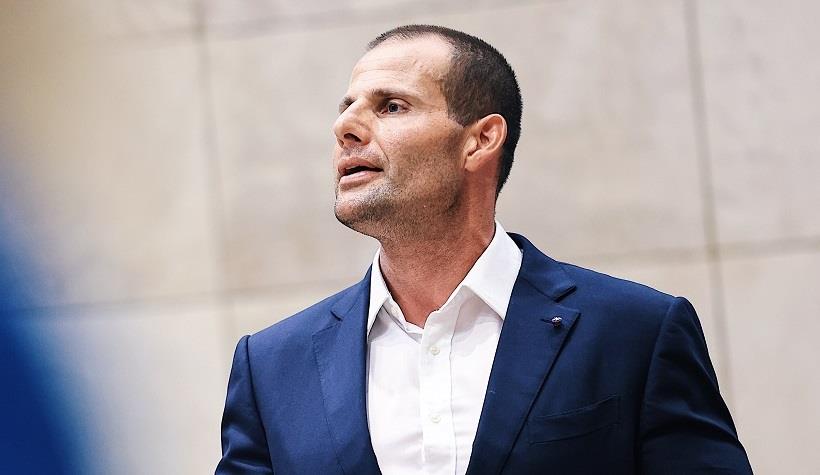
Prime Minister Robert Abela said Monday that on a European level, there is more realization of how much of a challenge migration is for the EU as a whole.
He said that countries such as the Netherlands and Denmark are facing influxes from Ukraine and so-called secondary movements – people who have entered the European Union irregularly from other countries then end up in their territory.
Making a statement on the latest European Council held in Brussels last week, but which also covered the previous summits held earlier this year, he said that during the February Council, this discussion was also on the agenda and,” as always, the subject, provoked several reactions”.
Abela said that in order to address irregular migration, every nation that is close to Malta needs to be better equipped on necessary resources to fight human corruption.
He said that during the February Council, this discussion was also on the agenda and, “as always, the subject, provoked several reactions”.
The PM said that if irregular migration could lead to more tragedies like the one which happened recently off Greece.
On 19 June more than 300 Pakistani nationals died in a sinking overcrowded fishing trawler off the coast of Greece.
He said that such incidents should serve to remind of how much strength and power the EU has to fight human traffickers and organized crime that exploit these vulnerable people.
“While there is no doubt that this is the way forward, this option also comes with its own pressures,” he said.
Here he reminded how this week he is going to court to testify in a case involving migrants who were transported back to Libya in 2020 after being rescued by a fishing boat contracted by the Maltese government. He said that such a decision was taken in the midst of the Covid pandemic.
“However, we continue to work in the direction we have taken because we will always honour the obligations of our country, while at the same time we protect the national interest. No, we will not be a tool in the hands of those who organize these trips” he said.
Abela urged every nation that neighbours Malta, especially in the upper part of Africa, to have all the necessary resources to fight human traffickers. But also, resources to create wealth and opportunities in their own country, so that people don’t have to risk their lives in dangerous journeys by sea.
He said that in order to weaken the traffickers’ position, those who enter irregularly and are not eligible for asylum, will be sent back to their country.
“If we allow the asylum system to be abused, we will be unfair to those who deserve protection,” he said.
During the last European council sessions economy was also discussed.
He said that this was a topic for which discussions started at the end of last year when, against the background of high inflation on a global level, the biggest countries in the world started to design reactions.
The United States started to adopt the Inflation Reduction Act, and the European Union started to prepare an attractive strong response for strategically important businesses to continue growing within the Union itself.
He said that all present leaders during the European council meetings looked at fiscal incentives through schemes to removing regulatory obstacles and provide a framework that is one of the best in the world.
During this session the PM said he presented several points so that such decisions also take into consideration Malta’s small state.
Some of the points were the accelerated implementation of projects that are of common interest to the European Union.
On this point, the PM said that the single market cannot “be a market that caters for bigger countries and not for the smaller ones, or that classifies the citizens of small countries as second-class citizens.”
One of the conclusions of the last European Council is now explicitly asking for the speeding up of the negotiations on the Pharmaceutical Package prepared by the European Commission, said Abela.
Among others, this aims for companies that produce medicines to open access to their pharmaceutical products for patients in every member country of the European Union. This means that in the context of a small market like that of Malta will be beneficial as it is expected to increase medicine access.
On his part, Opposition Leader Bernard Grech expressed concern over the fact that this was the first ministerial statement that Abela has made this year, given that there have been previous European council meetings.
After giving a list of all the topics that Abela spoke about, Grech said that if it weren’t for the PN, Malta would not be able to influence such decisions on human trafficking, given that it would not have joined the EU.
On the same topic, he said that it is not acceptable for the PN that people are being lost at sea in the Mediterranean.
He said that pressures should continue to better the situation at a European level as “for us the life of everyone is valuable”.







